As more delegations of U.S. officials, students and business leaders are poised to arrive from across the Pacific later this month, diplomacy and exchanges have been blossoming recently between China and the United States in official, semiofficial and nongovernmental contexts at various levels.
Analysts said the rising frequency of interactions and the improving momentum of the ties are hard-won, and Washington needs to further correct its perception of China and make its coercion policy against China give way to win-win cooperation.
President Xi Jinping and U.S. President Joe Biden held a phone conversation on Tuesday.
"The two presidents found the phone call to be candid and constructive. The two sides agreed to stay in communication, and tasked their teams to deliver on the San Francisco vision," the Foreign Ministry said in a statement.
On Thursday, U.S. Secretary of the Treasury Janet Yellen kicked off her second trip to China in eight months, which is scheduled to last until Tuesday. Washington also plans to send U.S. Secretary of State Antony Blinken to visit China this month to strengthen dialogue and communication.
Vice-Foreign Minister Ma Zhaoxu spoke by phone with U.S. Deputy Secretary of State Kurt Campbell last week and talked about the bilateral ties as well as global and regional issues of common concern.
In addition, later this month, San Francisco Mayor London Breed will travel to China, in what her office described as a "monumental opportunity" to bolster diplomatic and cultural relations.
"The head-of-state diplomacy is fundamentally anchoring the relations, while the high-level interactions rolled out by senior officials such as Yellen and Blinken are framing and shaping the ties at the technical level. The former underpins the latter," said Diao Daming, a professor of U.S. studies at Renmin University of China's School of International Studies.
"As one of the highlights of his administration in foreign affairs, Biden certainly wants to further keep the relationship generally stable this year. And a major sign of stability is maintaining communication with the Chinese side at all levels," he added.
Diao said that if the White House sincerely looks to keep the relations afloat, "it is imperative that it really delivers on its promises on topics such as trade and the Taiwan question, and does not stir up more trouble".
Over the past few months, government departments and working teams have maintained communication and made progress in a number of areas, including diplomacy, trade, finance, law enforcement and counternarcotics.
Groups of U.S. students have also taken trips to China lately as part of a five-year student exchange plan proposed by Xi to invite 50,000 young people from the U.S. to visit the country.
Foreign Ministry spokesman Wang Wenbin said on Monday that "China supports and encourages more mutual visits and exchanges between Chinese and American people from all sectors."
Su Xiaohui, deputy director of the Department for American Studies at the China Institute of International Studies, said the recent interactions between the two nations reflect the fact that the "momentum of the ties is continuing" and is being further improved.
"Behind the China trip made by so many corporate executives from the U.S. is their idea that the two countries have reached a consensus on stabilizing ties and are embarking on cooperation in specific areas," she said.
Last week, Xi met with a group of representatives of the U.S. business, strategic and academic communities at the Great Hall of the People in Beijing. "The history of China-U.S. relations is one of friendly exchanges between the two peoples," Xi said.
Stephen Orlins, president of the National Committee on U.S.-China Relations, attended the event.
"Most of the people were CEOs of very big companies that have enormous stakes in China, and what they received was assurance about the Chinese economy, assurance about... the investment environment," Orlins told Chinese media after the meeting.
Ban Ki-moon, former United Nations secretary-general and chairman of the Boao Forum for Asia, expressed his hope recently that China-U.S. ties could be kept afloat. "While the relationship between the United States and China — the No 1 and No 2 countries in the world — is not so smooth at this time, I sincerely hope that the two leaders, whoever may be elected the next (U.S.) president in November, will work very closely," he told Chinese media in an interview.








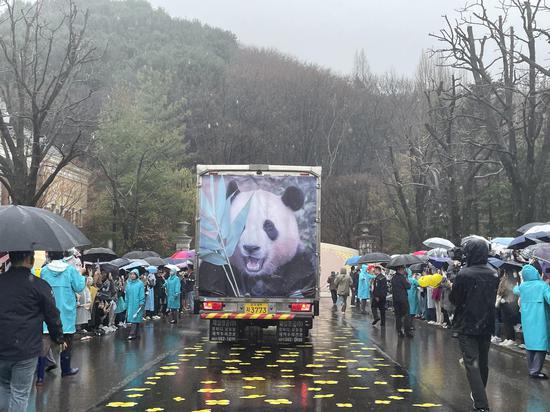
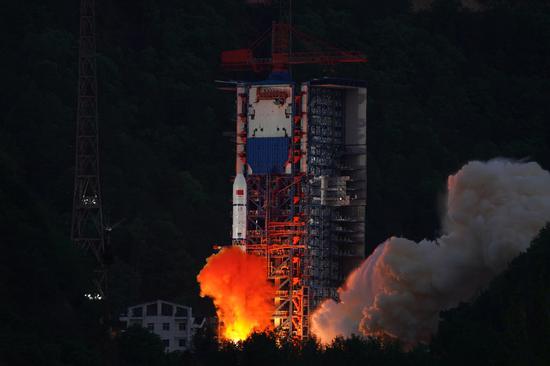
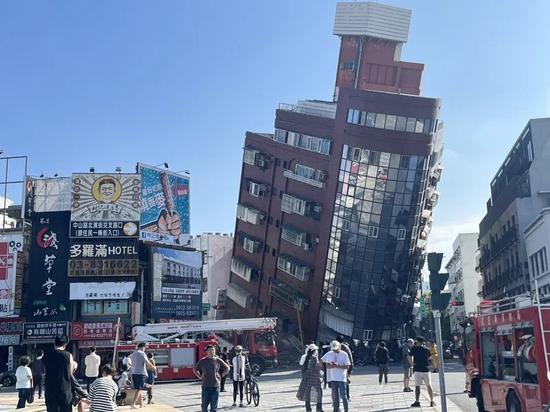
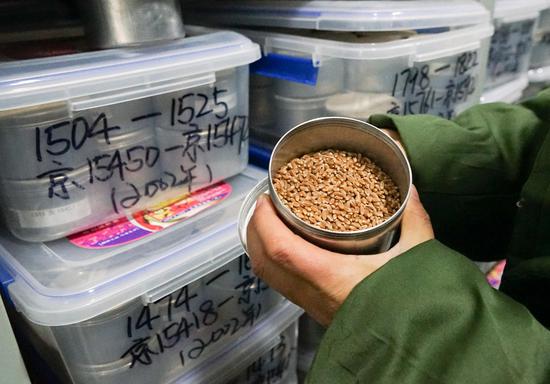
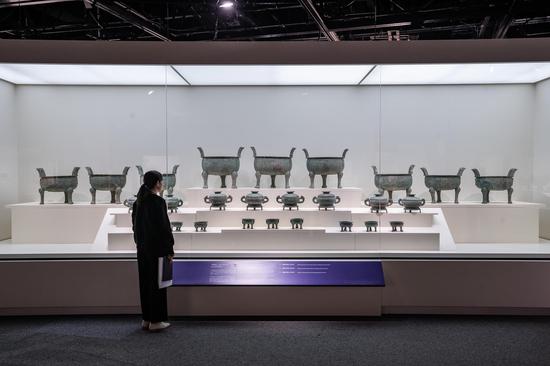

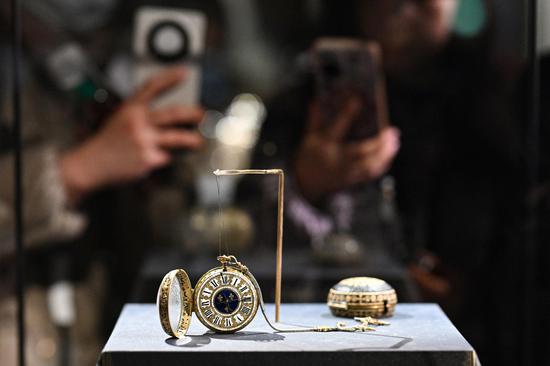

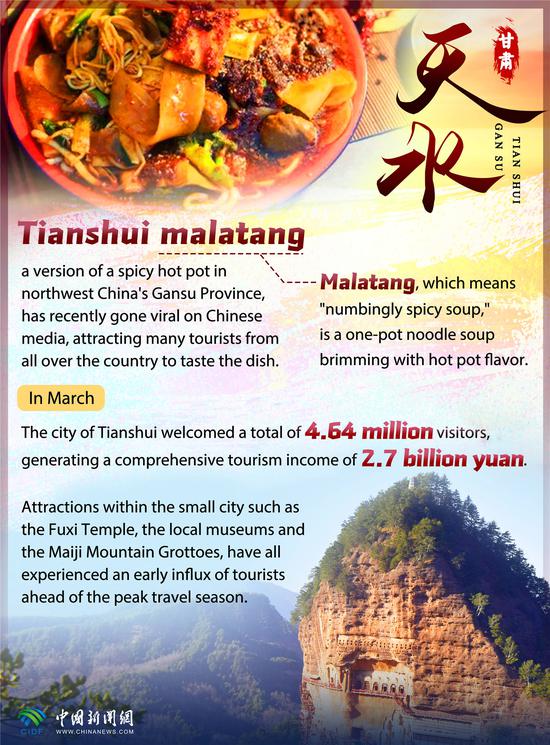
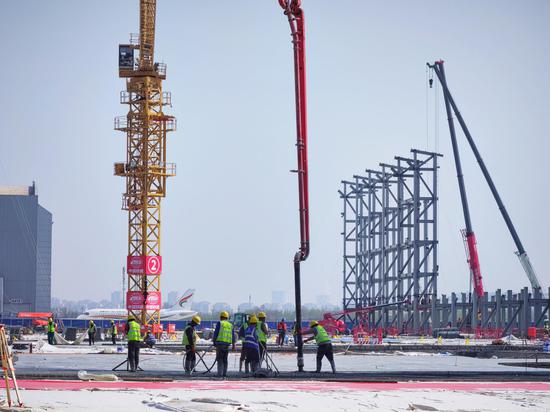
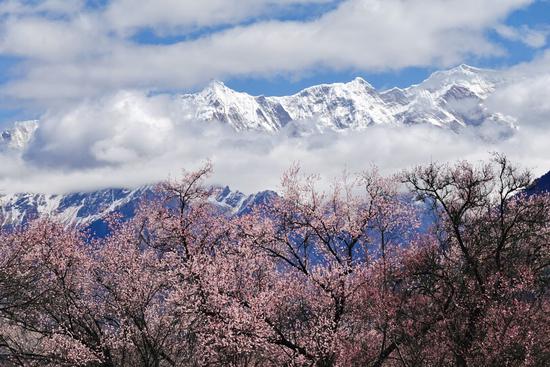
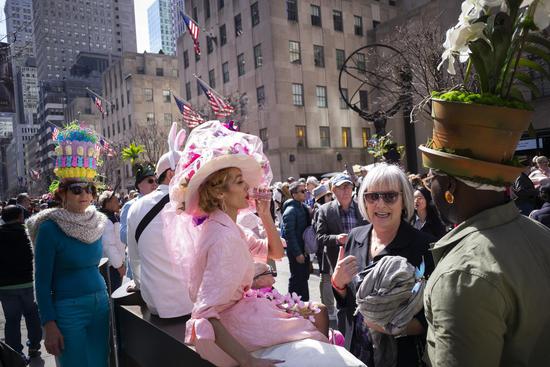


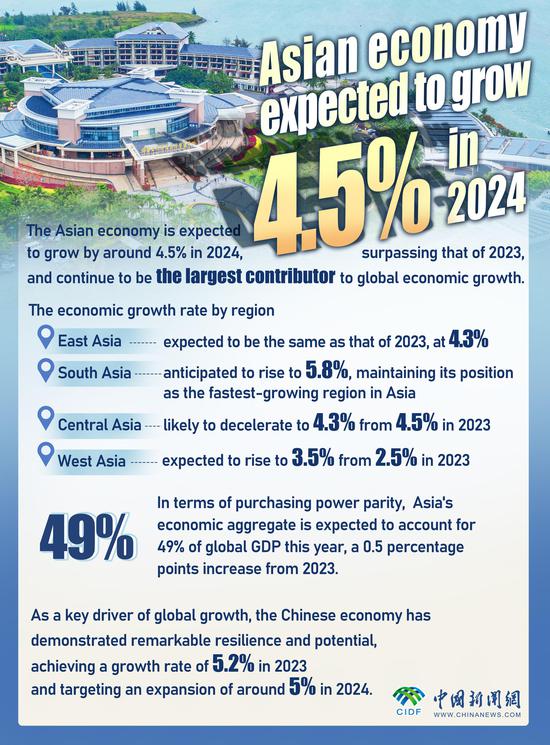
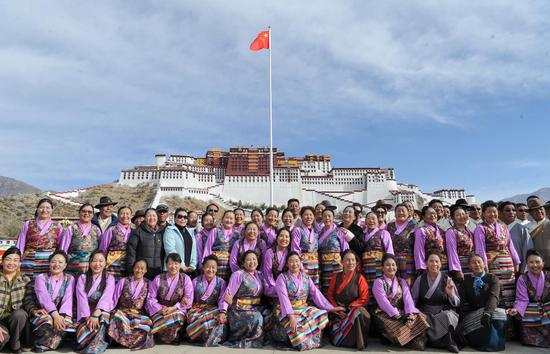
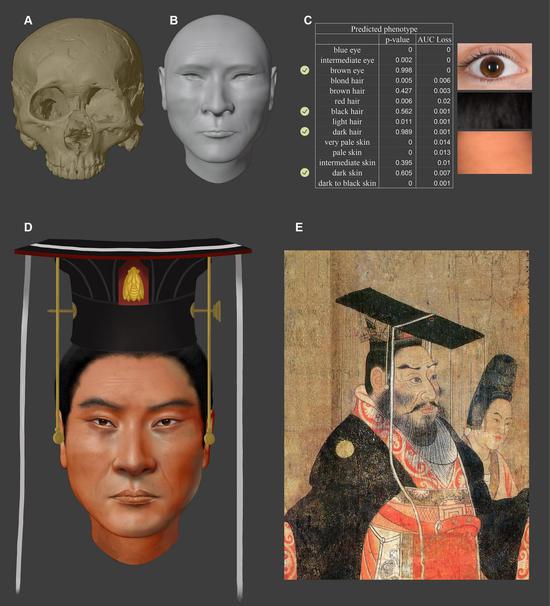



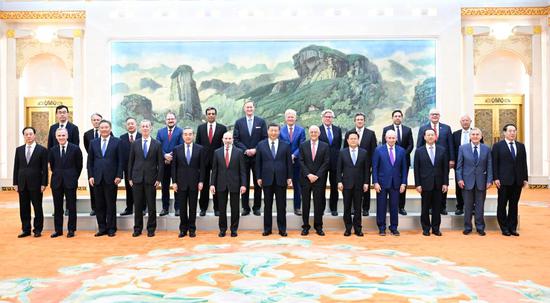
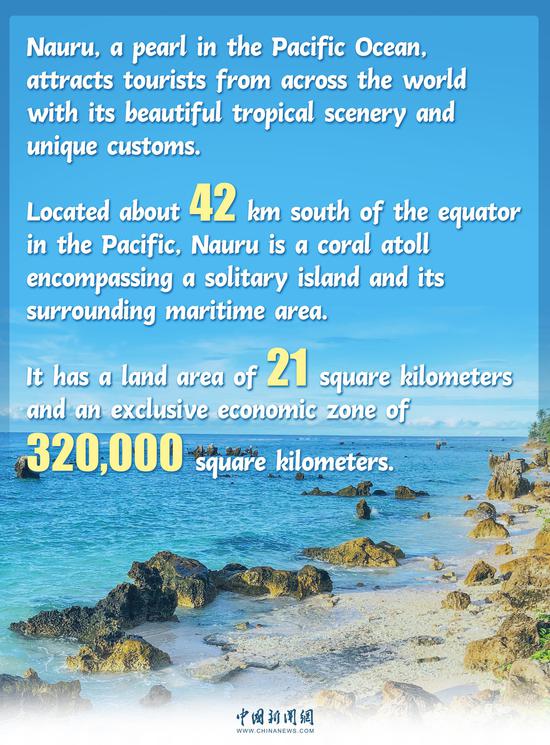
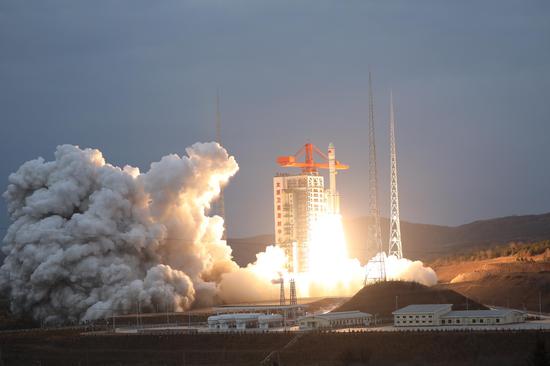

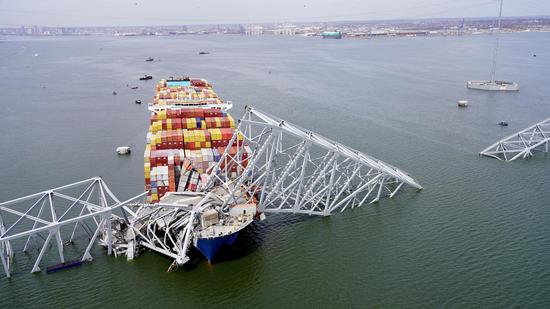
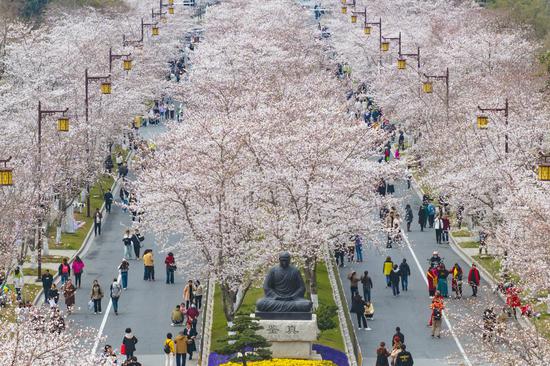

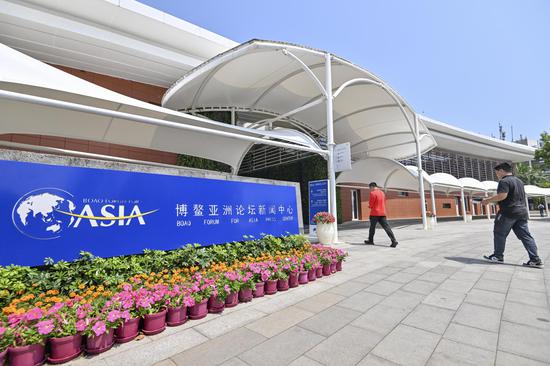
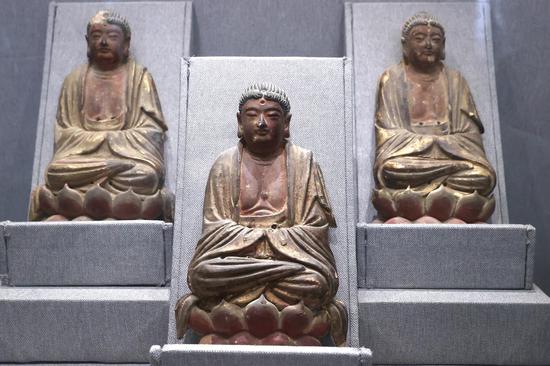

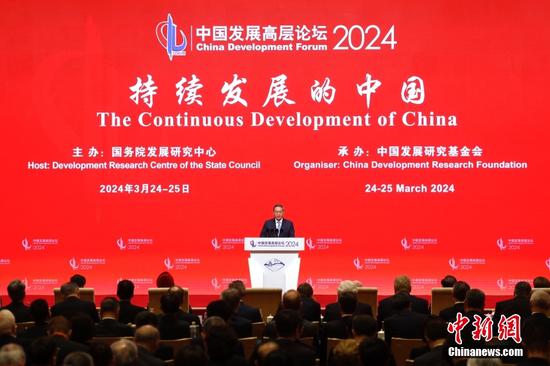
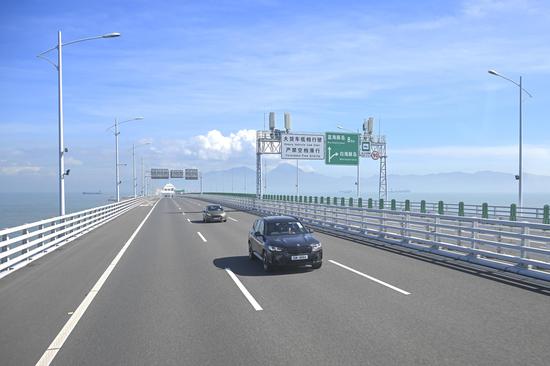


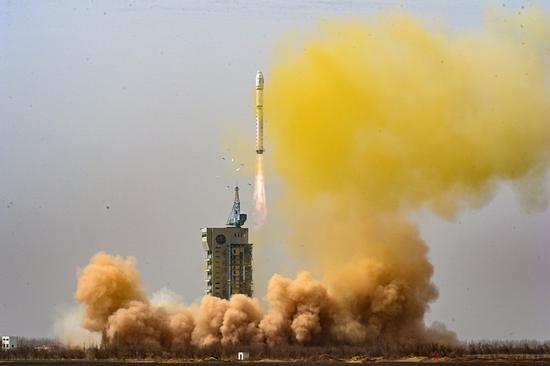
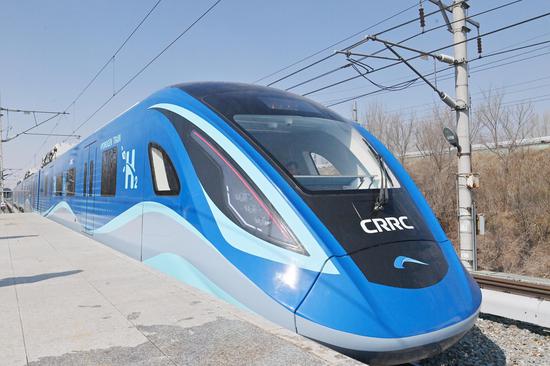






 京公网安备 11010202009201号
京公网安备 11010202009201号